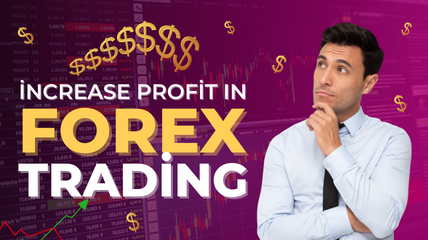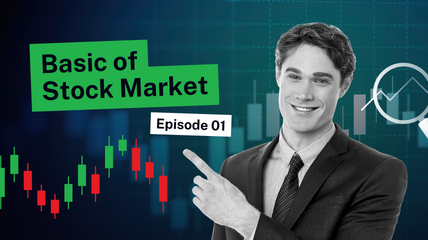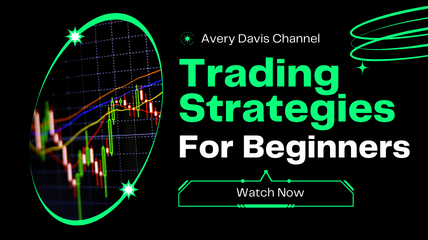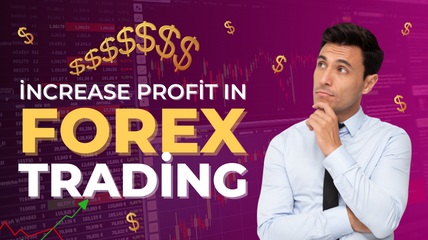Blog Details
Binary Options vs. Forex Trading: A Comparison

Binary Options vs. Forex Trading: A Comparison
Binary options trading and forex trading are both popular methods for speculating on financial markets, but they have distinct differences. In this guide, we'll explore the key differences between binary options trading and traditional forex trading methods.
1. Market Accessibility
Binary Options: Binary options typically offer a simplified approach to trading, allowing traders to speculate on the direction of asset prices without owning the underlying asset. Binary options platforms are accessible to traders of all experience levels, offering straightforward trading interfaces and predefined payout structures.
Forex Trading: Forex trading involves buying and selling currencies in the foreign exchange market. Forex traders can speculate on currency pairs' price movements, taking advantage of leverage to amplify potential profits (or losses). Forex trading platforms provide access to a vast array of currency pairs and advanced trading tools, catering to both retail and institutional traders.
2. Risk and Reward
Binary Options: Binary options offer fixed payouts based on whether the trader's prediction is correct or incorrect. The potential profit and loss are predetermined before the trade is executed, providing traders with clear risk-reward ratios. However, binary options also have limited profit potential and typically involve higher risk per trade compared to forex trading.
Forex Trading: Forex trading allows for more flexibility in managing risk and reward. Traders can set their own stop-loss and take-profit levels to control potential losses and profits. While forex trading offers the potential for unlimited profits, it also involves the risk of substantial losses, especially when using high leverage.
3. Trading Strategies
Binary Options: Binary options trading often involves short-term speculative trades based on price direction within a specified time frame (e.g., minutes or hours). Common binary options strategies include trend following, range trading, and news trading. Binary options traders focus on precise entry and exit points to capitalize on short-term price movements.
Forex Trading: Forex trading encompasses a wide range of trading strategies, including scalping, day trading, swing trading, and position trading. Forex traders analyze fundamental and technical factors to make informed trading decisions. Unlike binary options, forex trading allows for more extensive market analysis and strategy customization.
4. Market Regulation
Binary Options: The binary options industry has faced regulatory scrutiny in various jurisdictions due to concerns about investor protection and market integrity. Some countries have banned or restricted binary options trading altogether, while others have implemented strict regulations to oversee binary options brokers and protect traders' interests.
Forex Trading: The forex market is one of the most regulated financial markets globally, with regulatory bodies such as the Commodity Futures Trading Commission (CFTC) in the United States and the Financial Conduct Authority (FCA) in the United Kingdom overseeing forex brokers and ensuring fair and transparent trading practices.
Conclusion
While both binary options trading and forex trading offer opportunities for profit in financial markets, they differ significantly in terms of accessibility, risk-reward profiles, trading strategies, and regulatory oversight. Binary options trading appeals to traders seeking simplicity and predefined risk-reward ratios, while forex trading provides greater flexibility, market depth, and regulatory protection. Ultimately, the choice between binary options and forex trading depends on individual trading preferences, risk appetite, and market expertise.
References:
Investopedia: Binary Options Basics









